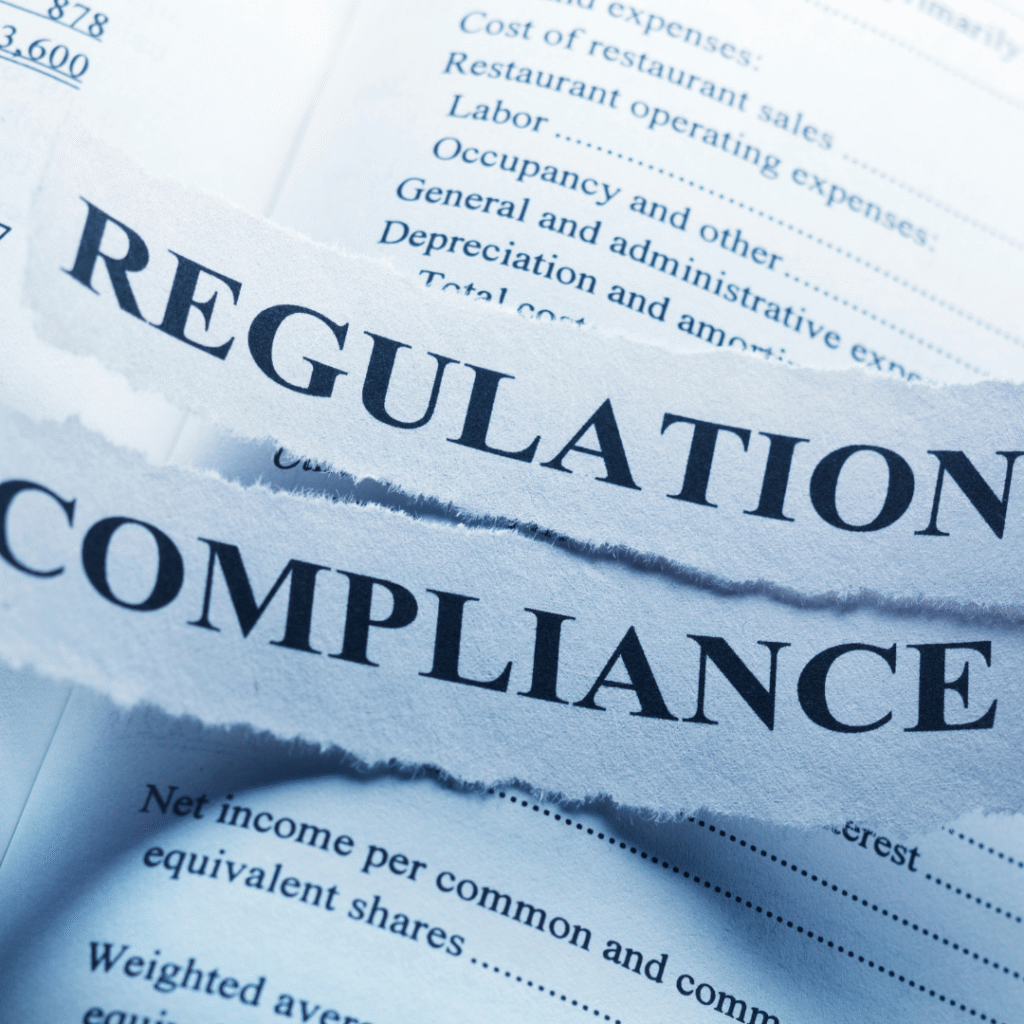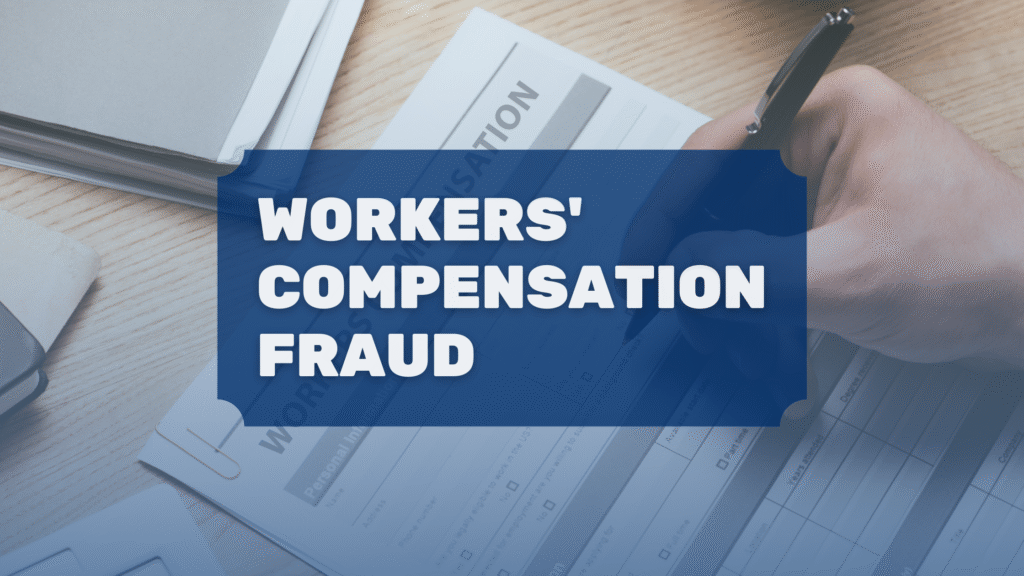July 31, 2025 | JacobiJournal.com – In a decisive legal ruling, the U.S. Court of Appeals for the Fourth Circuit upheld the 17-year prison sentence of Donald Booker, a North Carolina lab owner convicted of running a large-scale Medicaid fraud case. The court affirmed both the conviction and sentence tied to a scheme involving over $12 million in false Medicaid billing.
Booker operated United Youth Care Services and United Diagnostic Laboratories, where he orchestrated the submission of fraudulent drug testing claims. The conspiracy involved kickbacks to treatment centers and housing facilities, including “Do It 4 The Hood” and “Legacy Housing,” in exchange for patient referrals.
Scheme Involved Routine Drug Tests and Kickbacks
According to court documents, Booker billed Medicaid for unnecessary, repetitive drug screens, often performed twice weekly on patients without proper medical evaluation. These patients were referred by community organizations that received direct illegal payments in return.
The case resulted in convictions for illegal remuneration, money laundering, and conspiracy to defraud the U.S. government. Over $1.6 million in illegal kickbacks were proven at trial. The court rejected all arguments for reversal, stating the evidence overwhelmingly supported the jury’s findings.
Broader Relevance for Medicaid Providers
This Medicaid fraud case is part of a growing trend of federal enforcement targeting diagnostic labs, addiction treatment providers, and telehealth schemes. The Fourth Circuit’s ruling reinforces the DOJ’s approach of pursuing not only fraud but also financial arrangements that jeopardize patient care and program integrity.
Providers nationwide are urged to evaluate referral relationships and billing protocols. This ruling serves as a strong compliance reminder in the face of mounting scrutiny.
For a full legal opinion, see the Fourth Circuit’s document in the U.S. Court of Appeals for the Fourth Circuit (PDF).
FAQ: About the Medicaid Fraud Case
Why did the Fourth Circuit uphold the 17-year sentence in this Medicaid fraud case?
The court found no error in the jury’s verdict or sentencing process, citing substantial evidence of illegal kickbacks, false claims, and intent to defraud Medicaid.
What industries should take note of this ruling?
Diagnostic laboratories, behavioral health providers, and referral networks—especially those serving Medicaid populations—should examine the ruling’s implications for compliance enforcement.
What does this case mean for future Medicaid fraud investigations?
The ruling signals continued judicial support for aggressive prosecution of healthcare fraud, including complex schemes involving community partnerships and repeated billing abuse.
Stay ahead of the latest enforcement trends. Subscribe to JacobiJournal.com for weekly fraud, labor, and healthcare compliance updates impacting professionals nationwide.
🔎 Read More from JacobiJournal.com:
- Veterans’ Grant Fraud: VA Nonprofit Leader Charged
- National Health Care Fraud Data Fusion Center Boosts DOJ-HHS Enforcement
- Uber Sues Over Racketeering Injury Claims Fraud in LA Medical-Legal Mills
- Insurance Executive Fraud: Bay Area CEO Pleads Guilty in $20 Million Conspiracy Case
- DOJ Probes $1B UnitedHealth Medicare Advantage Fraud Over Coding Practices





